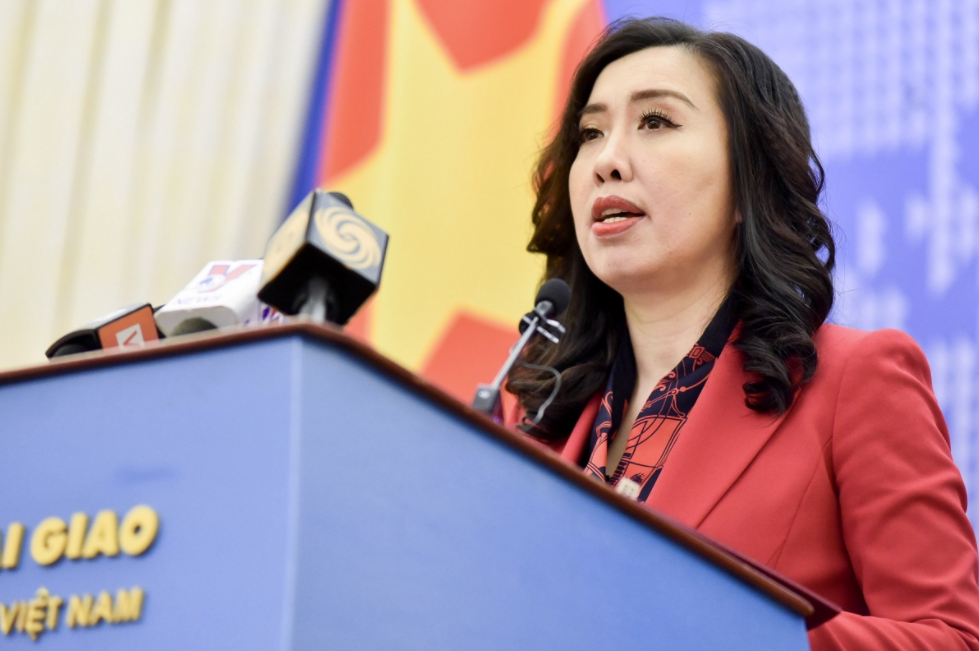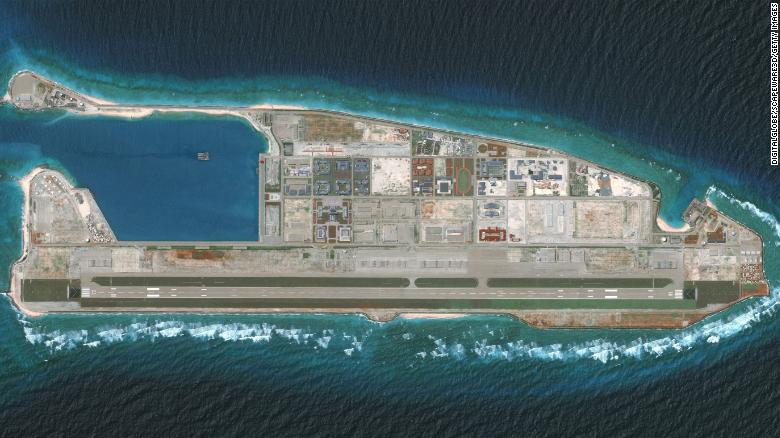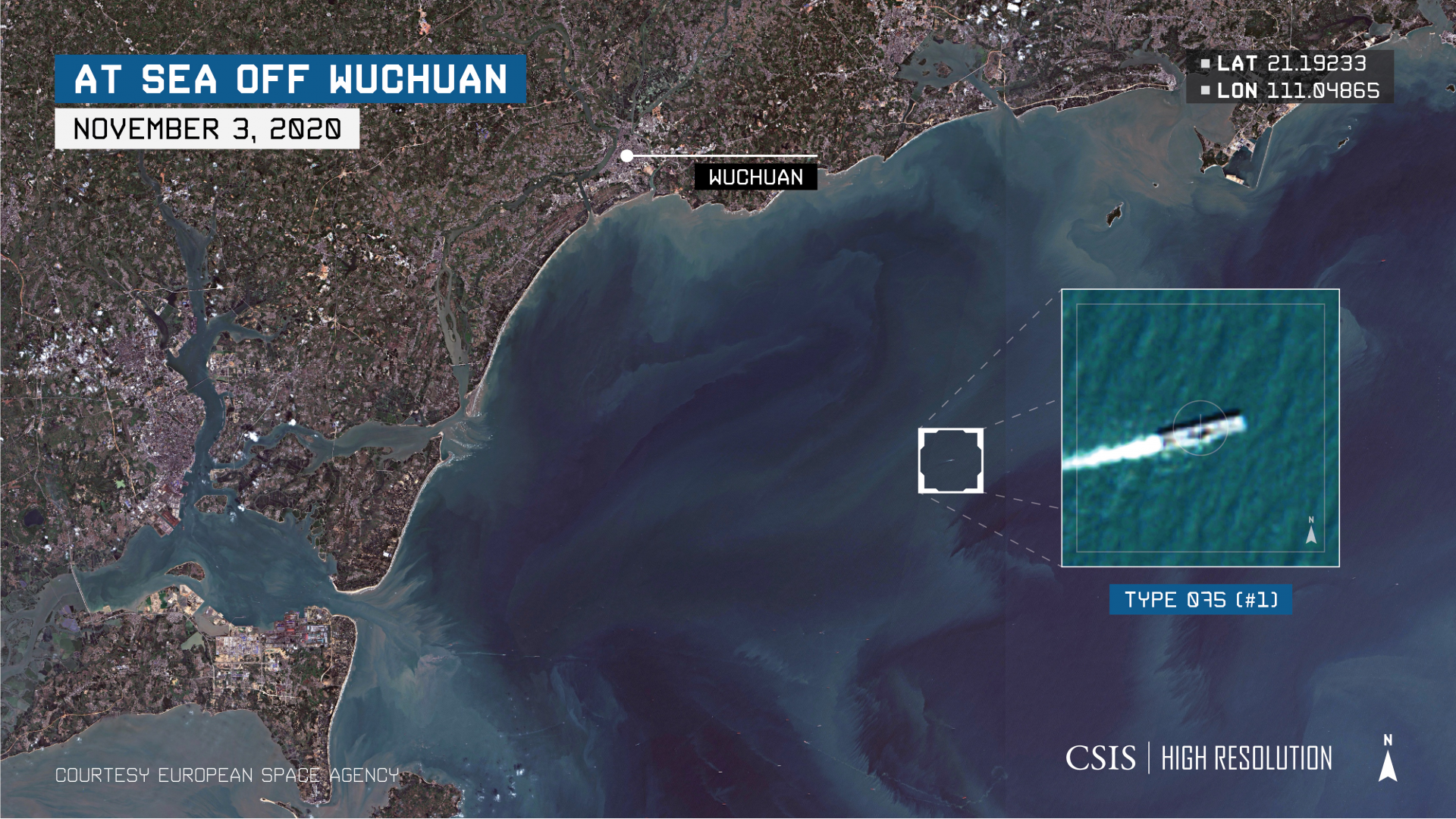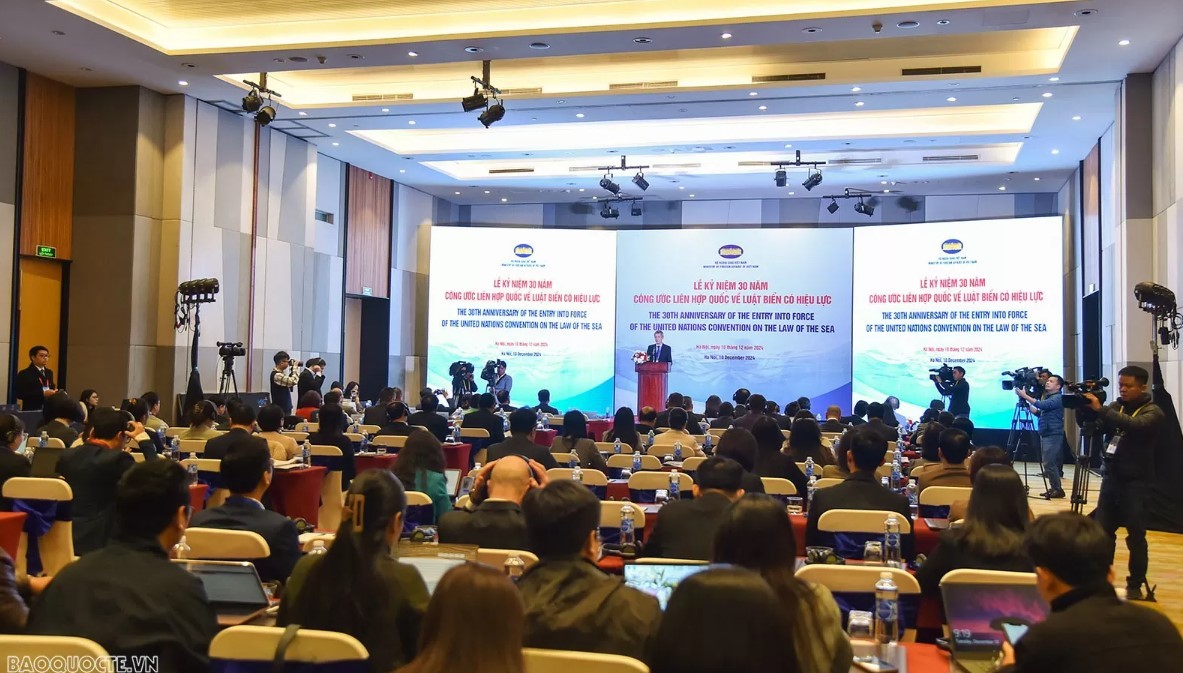South China Sea 2020 - From diplomatic note to the rule of law
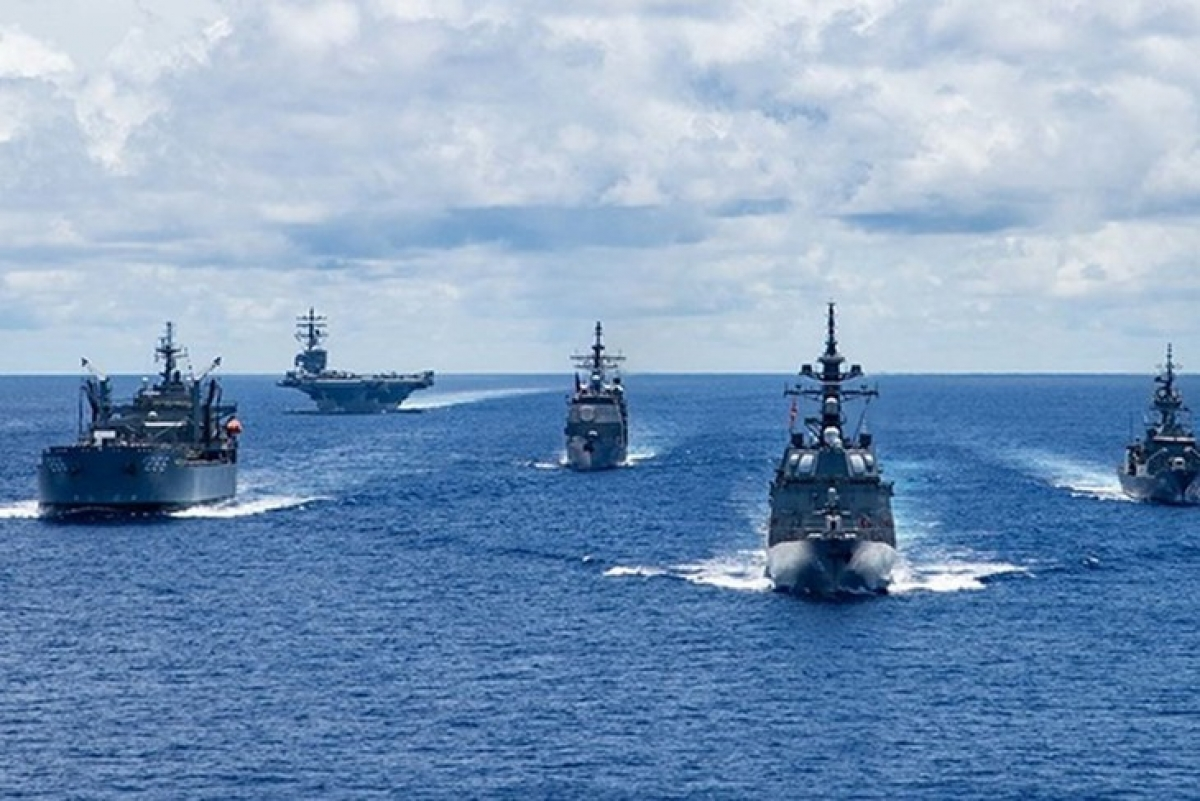 |
| Warships of Australia, the US, and Japan conduct a drill in the Philippine Sea, near the East Sea in July, 2020. Photo: US Navy |
Not only countries in the region, but many outside the region have spoken up as members of the 1982 UN Convention on the Law of the Sea (UNCLOS), VOV said.
The South China Sea is not simply a matter between ASEAN and China but a matter of international concern.
The world has witnessed a "war of diplomatic notes" related to the South China Sea starting with Malaysia's submission to the UN Commission on the Limits of the Continental Shelf last December information on the limits of its continental shelf beyond 200 nautical miles from the baselines from which the breadth of the territorial sea is measured. Subsequently, many other countries sent notes and letters protesting China's actions in the South China Sea.
| On December 12, 2019, Malaysia submitted to the Commission on the Limits of the Continental Shelf, in accordance with Article 76, paragraph 8, of the Convention, information on the limits of its continental shelf beyond 200 nautical miles from the baselines from which the breadth of the territorial sea is measured in the South China Sea. It is noted that the Convention entered into force for Malaysia on November 13, 1996. According to the submitting State “, this is a partial submission for the remaining portion of the continental shelf of Malaysia beyond 200 nautical miles in the northern part of the South China Sea.” |
Note diplomacy
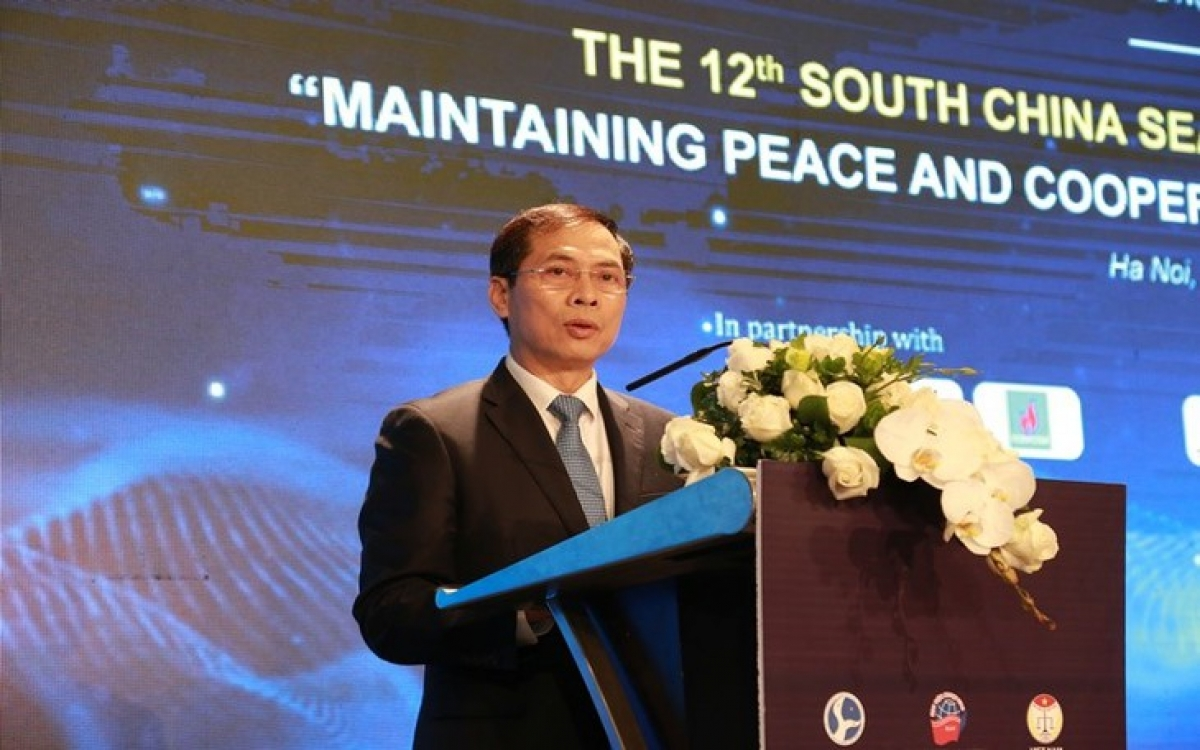 |
| Bui Thanh Son, Member of the Party Central Committee and Deputy Minister of Foreign Affairs, speaks at the 12th International Conference on the East Sea (Photo: Ministry of Foreign Affairs of Vietnam) |
In September, Britain, France, and Germany sent notes to the UN expressing their common view on the South China Sea, emphasizing UNCLOS 1982 as establishing a legal framework for maritime activities worldwide. Jointly supporting freedom of navigation and overflight in the South China Sea, the note is specific about the right of innocent passage through territorial waters.
The Philippines, Vietnam, Indonesia, the US, and Australia all sent notes opposing China's arguments. To date, there have been more than 20 diplomatic notes and statements from countries all over the world.
The notes condemned China's claims, saying the so-called "9-dashed line" is contrary to international law and UNCLOS. They affirmed that UNCLOS is an important legal document, which plays a fundamental role in solving maritime problems and that the 2016 Permanent Court of Arbitration (PCA) ruling is an important part of international law and UNCLOS that China should respect.
Towards South China Sea security and safety
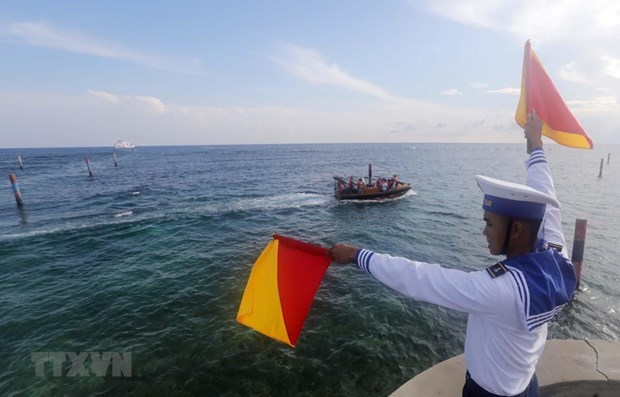 |
| A Vietnamese naval soldier on Da Lat Island, Truong Sa archipelago. Photo: VNA |
The use of notes shows that countries have focused on international law, especially UNCLOS as a basis to settle disputes rather than taking actions that may trigger confrontation or a military conflict.
The South China Sea issue has been addressed frequently at regional and global forums: the ASEAN Regional Forum (ARF), the East Asia Summit (EAS), the ASEAN Defense Minister Meeting (ADMM), and the ASEAN Defense Minister Meeting Plus (ADMM +) to the G20 Summit and the Asia-Europe Cooperation Forum (ASEM).
All countries desire peace, stability, security, safety, freedom of navigation and overflight, non-militarization, and restraint from complications and tensions, and peaceful settlement of disputes in accordance with international law including UNCLOS. Countries support full and effective implementation of the 2002 Declaration of Conduct of Parties in the South China Sea (DOC) and early completion of an effective Code of Conduct in the South China Sea (COC).
A safe, secure and prosperous South China Sea is what countries are aiming for. Recent developments suggest that the world can hope for a more peaceful and stable South China Sea in 2021./.
| Previously, in a diplomatic note sent to UN chief António Guterres on March 30, the Permanent Mission of Vietnam to the UN said Vietnam protests China’s claims, saying those claims seriously violate Vietnam’s sovereignty, sovereign rights and jurisdiction in the South China Sea. Vietnam has ample historical evidence and legal basis to assert its sovereignty over the Hoang Sa (Paracel) Islands and the Truong Sa (Spratly) Islands in accordance with international law. Vietnam affirms that as between Vietnam and China, the 1982 United Nations Convention on the Law of the Sea (UNCLOS) provides the sole legal basis for and defines in a comprehensive and exhaustive manner the scope of their respective maritime entitlements in the South China Sea. Vietnam opposes any maritime claims in the South China Sea that exceed the limits provided in UNCLOS, including claims to historic rights; these claims are without lawful effect. This is the consistent position of Vietnam which has been enunciated in various documents circulated at the UN and submitted to relevant international bodies. |
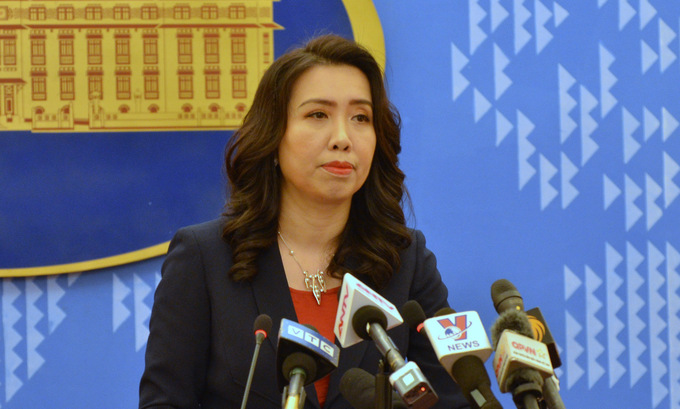 | China’s exercises in the western part of the Leizhou Peninsula from November 17-30 do not affect Vietnam’s waters. |
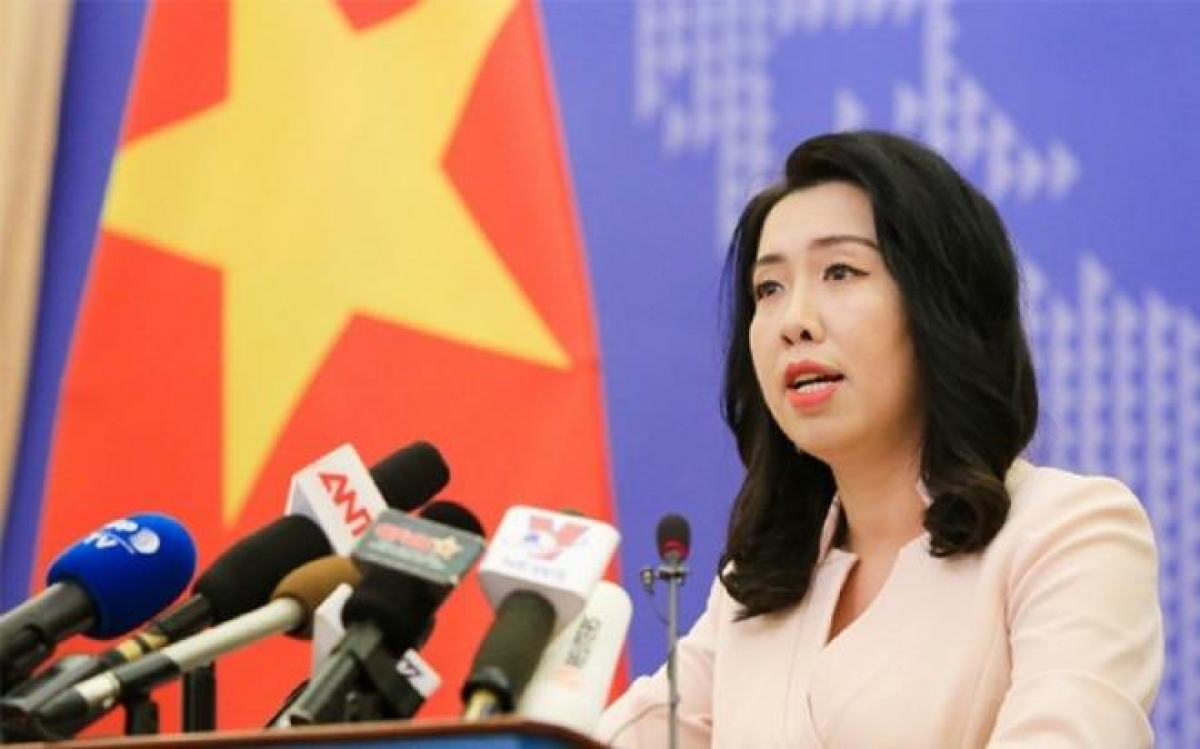 | Maintaining Bien Dong Sea (South China Sea) peace, stability a must, FM spokesperson Maintaining peace and stability in the Bien Dong Sea (internationally known as the South China Sea) is of primary concern for ASEAN and its partners ... |
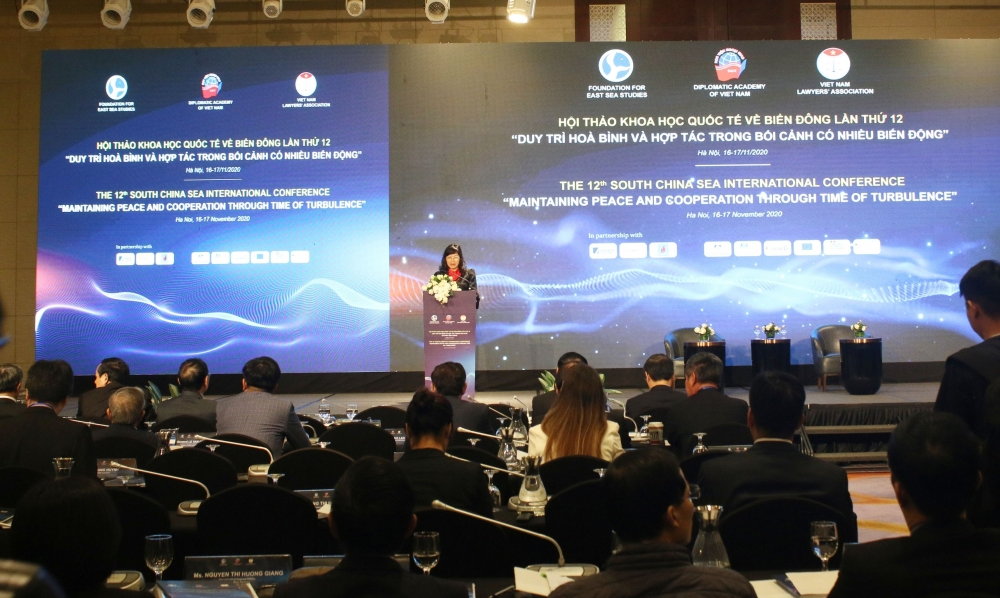 | China's Coast Guard bill, a hot topic at South China Sea (Bien Dong Sea) International Conference At the 12th South China Sea (Bien Dong Sea) International Conference on November 17, the delegates discussed a number of burning issues such as China's ... |
Recommended
 Seas and islands
Seas and islands
Vietnam Endorses Common Voice on Ocean Jurisdiction
 Seas and islands
Seas and islands
RoK Navy Ship Pays Friendly Visit to Da Nang City
 Seas and islands
Seas and islands
Naval Region 5 Promotes Reading Culture, Fosters Patriotism
 Seas and islands
Seas and islands
Coast Guard Region 2 Command Hosts Philippine Coast Counterpart
 Seas and islands
Seas and islands
Vietnam - Thailand Navy: Coordination to Well Address Problems at Sea
 Seas and islands
Seas and islands
Honoring the Fallen: Incense Offering for the 37th Anniversary of Gac Ma
 Seas and islands
Seas and islands
Vietnam Coast Guard Expands International Cooperation for Maritime Security
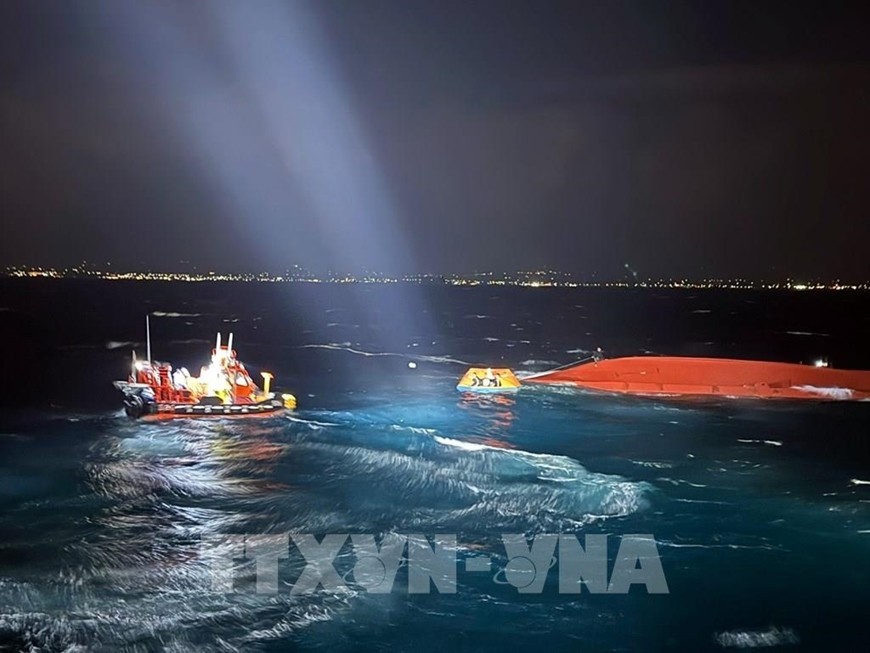 Seas and islands
Seas and islands

